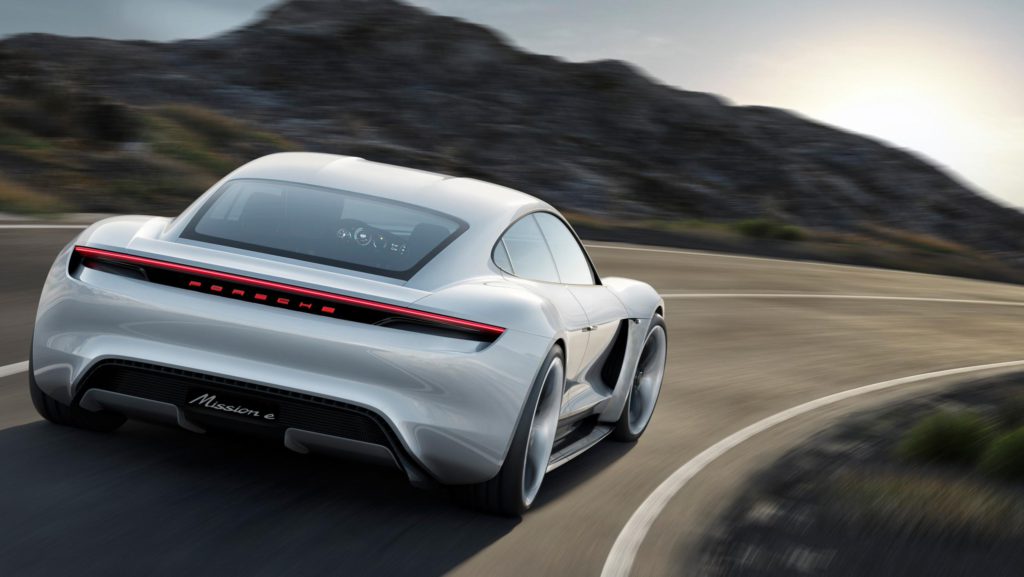Further EV models planned by Audi and Porsche
20 March 2018

20 March 2018
Audi is planning to build a four-door electric sports car from 2020 in Germany, as part of the manufacturer’s plans to develop electric vehicle (EV) models.
The e-tron GT will follow the company’s e-tron model and become part of a sub-brand of EVs. It will be a low, sleek coupe-styled vehicle and will be built in Audi’s Boellinger Hoefe site near its Neckarsulm assembly plant, which currently builds the R8 sports car.
The new model will become a flagship for the automaker’s Audi Sports brand, CEO Rupert Stadler said at the brand’s annual financial results press conference. ′It proves that electric drive can also deliver high performance,’ he added.
The e-tron GT will be built on VW Group’s J1 premium electric car platform shared with Porsche’s Mission E sedan, which is expected to launch later this year.
Stadler also revealed that the automaker’s first full-electric model, the e-tron SUV, will cost €80,000, slightly more than the Jaguar I-Pace, expected to sell for €77,850 when it comes to market in June.
The CEO also promised that by 2025 Audi would offer about 20 electrified models, more than half of them will be full-electric vehicles. This includes the e-tron Sportback, which is due in 2019 and will also be built in Brussels, and another SUV below the one that arrives this year. The smaller SUV will be underpinned by VW Group’s MEB platform. Stadler said Audi plans a fifth electric car that would either be an SUV or ′sports activity vehicle.’
Meanwhile, Porsche has confirmed that it will build more variants of its Mission E electric vehicle, including one based on the Cross Turismo design concept unveiled at the Geneva motor show. The platform for the vehicle is a joint project with Audi in its EV development.
Full-electric and plug-in hybrid vehicles will account for about a quarter of the division’s global deliveries in 2025, Porsche said at a press briefing.
Porsche said it would invest some of its record profits on derivatives of the Mission E. ′We are using our high earnings level to support an unprecedented future development plan,’ CEO Oliver Blume said.
Tightening emissions rules have forced automakers to develop hybrid and full-electric vehicles, even as demand for the models remains small. Porsche is particularly exposed to the emissions crackdown, as all of its cars feature powerful engines.
′For the next ten years, Porsche is banking on three pillars: optimised combustion-engine cars, plug-in hybrid models and purely electric-powered sports cars,’ Blume said. ′The world’s regions are developing differently. Therefore, we’re preparing to be as flexible as possible.’
Demand for Porsche’s plug-in hybrid-car offerings has promising, with some 60 percent of buyers of the updated Panamera four-door coupe in Europe opting for the petrol-electric version. The technology for the next generation of Porsche’s iconic 911 sports car will also allow integration of a battery that could provide an extra boost.